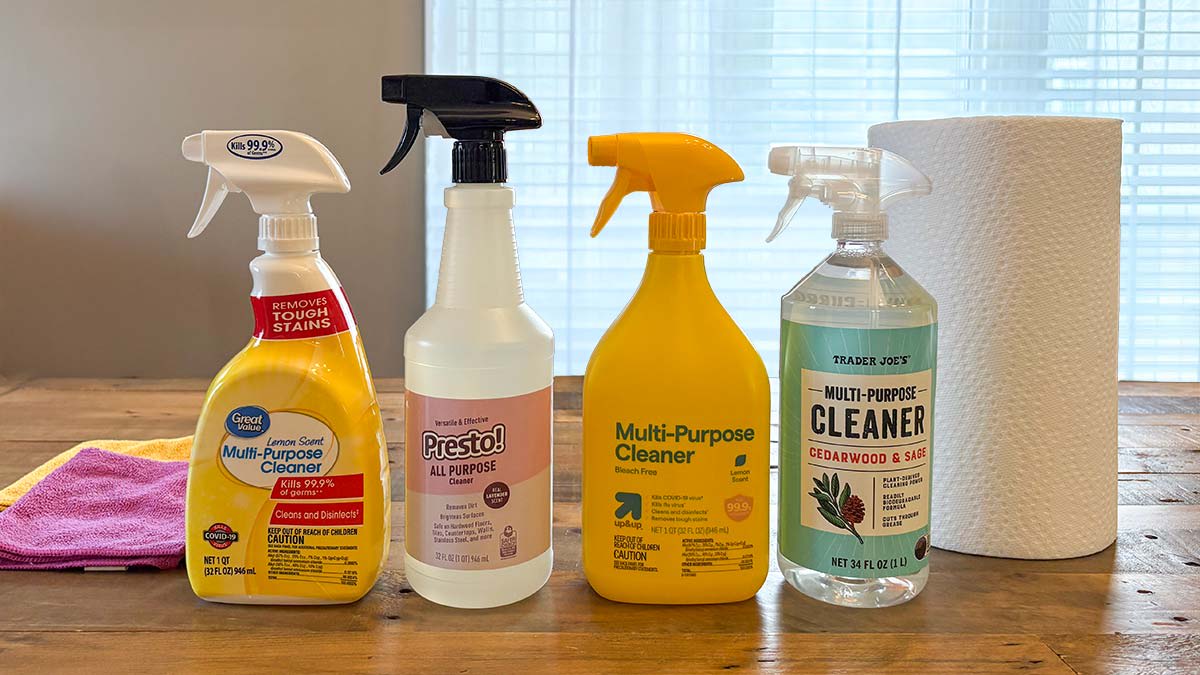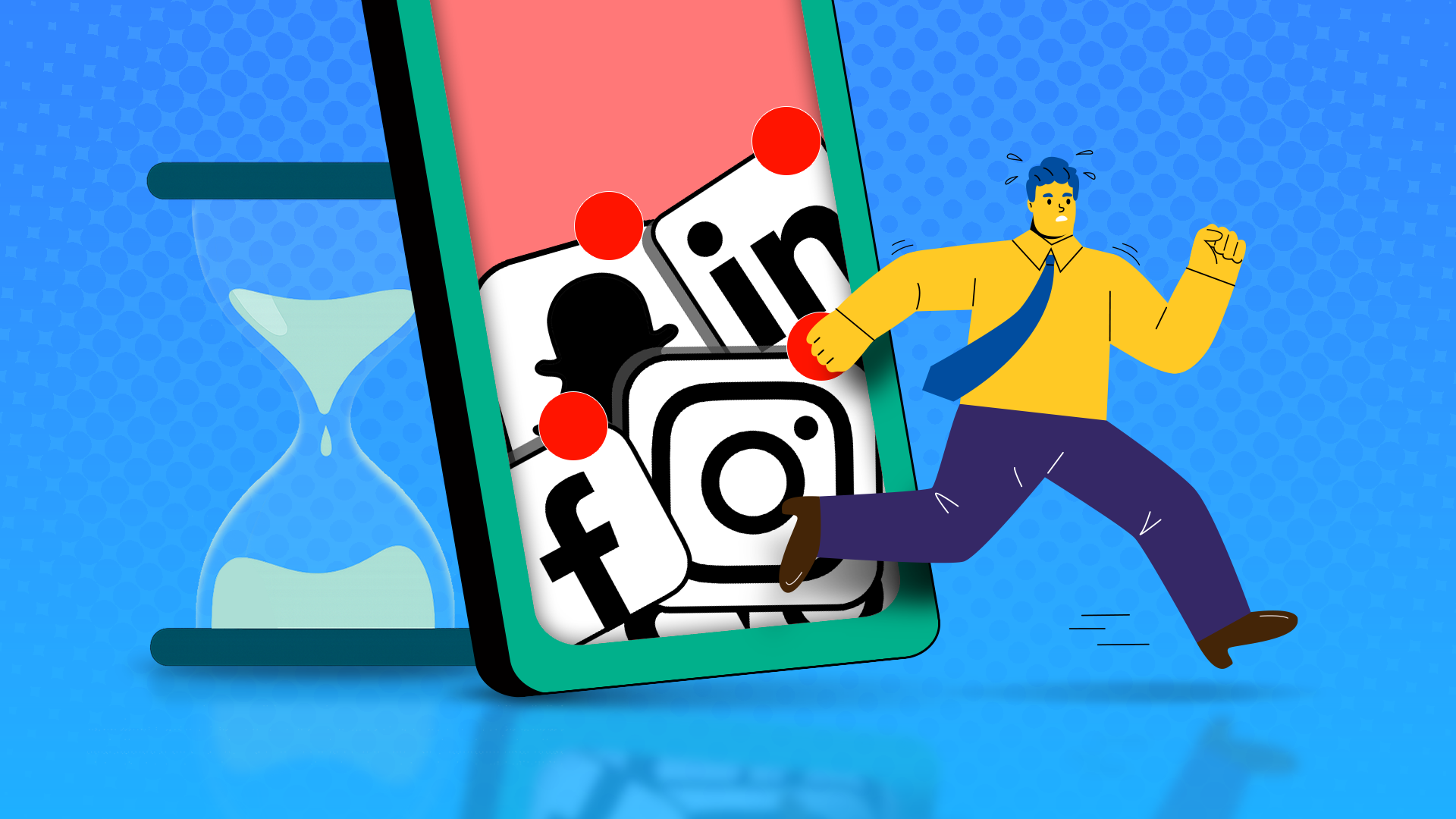Why do some VPNs like NordVPN always seem to be on sale?

If you’re wondering why VPNs like NordVPN always seem to be on sale, you’re not alone. This common practice is part of a larger strategy to make their offers more appealing. In this article, we’ll explore why VPNs use constant sales, the tactics behind them, and how they help services like NordVPN stand out in a crowded market.
We’ll also discuss the psychological effects of limited-time offers, how they influence purchasing decisions, and why users may feel more confident buying during a sale. Whether you’re a curious shopper or just want to know when’s the best time to subscribe, this guide will cover all the key details and include several FAQs at the end.
Why VPNs always seem to be on sale: Four main reasons
VPN services like NordVPN use constant sales as a core part of their business strategy. Offering discounts makes their service more attractive to customers who may want to avoid paying full price, such as budget-conscious users and people in developing countries.
This approach also helps keep them competitive against other VPN providers. Regular sales draw in more new users, helping them grow their customer base quickly in a crowded industry.
1. Standing out in a saturated VPN market
The market is rich with options, so even the best VPN services need ways to differentiate themselves. Constant sales help VPNs like NordVPN stand out, allowing them to showcase their unique strengths in an industry where providers often compete on similar features.
Look at it this way: most VPNs promote the ability to encrypt your data to keep it secure. It’s not a bad thing in itself, but when quickly scanning several providers’ front pages, you might miss out on features like Threat Protection or Meshnet. Add a discount timer, and you’ll be more likely to explore what’s on offer.
2. Making VPNs more accessible globally
By offering steep discounts, NordVPN and others can attract users who might otherwise find the full price prohibitive. These discounts make it easier for people in developing countries (or with less disposable income) to secure their browsing activity, bypass internet censorship, or access geo-blocked content at reasonable prices.
This also opens up new opportunities for VPN providers to connect with a wider audience, allowing them to tap into markets that may have been previously out of reach.
3. Building trust through customer feedback
People often rely on platforms like TrustPilot or Reddit to get honest user feedback about VPN services. Good ratings and positive user recommendations can speed up decision-making, especially when the VPN is on sale.
Negative reviews, on the other hand, can have the opposite effect, making users question the value of VPN promos. After all, nobody wants to use a service with unreliable connections or broken features, regardless of the discount.
Related: The best VPNs according to Reddit
4. The shared benefits of long-term plans
Many VPNs design their sales strategies around long-term plans, encouraging users to commit for one, two, or even three years. This approach not only offers users a better rate, but also helps ensure a stable revenue stream for the company.
These long-term subscriptions allow users to enjoy the service for an extended period at a heavy discount. It’s a win-win scenario: users appreciate the savings, and providers gain a loyal customer base.
The psychology behind “limited-time” offers
While VPN sales seem endless, they’re often marketed as “limited-time offers” to create a sense of urgency. This trick pushes people to act faster, fearing they’ll miss out on a deal.
Even if these discounts are frequent, they can still make users feel like they’re getting a better value than the regular price. This feeling of getting a good deal can strongly influence the decision to subscribe or commit to the service.
A 2Visions ecommerce report shows that people are 178% more likely to make a limited-time purchase that’s also discounted. The ethics of this raises some concerns, though supporters of these practices view them as a natural way to engage people by creating urgency without being deceptive.
Are VPNs the only ones that always seem to be on sale?
Not by a long shot.
The frequent sales in the VPN sector reflect trends seen in other industries. Software and streaming companies like Adobe or Netflix often use temporary promotions to attract users.
Meanwhile, airlines, hotels, and others advertise discounted rates or promote limited-time deals using phrases like “Book now. These rooms are going fast!” In the end, any company that sells a service will use the same principles of urgency and perceived value to drive up sales.
Frequently Asked Questions
Are discounted VPNs less reliable?
Not necessarily. While there are certainly VPNs that rely on heavy discounts to cover for their poor service quality, many top-rated providers frequently go on sale (including NordVPN). Consult trusted review sites and read other users’ opinions before subscribing if you’re unsure about the quality of a VPN.
Is NordVPN always on discount?
While NordVPN frequently offers discounts, it doesn’t mean it’s always at a discounted price. You can often find it on sale around the holidays, offering Black Friday discounts, and so on.
Is a paid VPN better than a free VPN?
For the most part, a paid VPN is a more solid choice than a free VPN. For one, you don’t have to deal with all the limitations of a free plan, such as data caps, bandwidth throttling, or being able to access only a handful of overcrowded servers.
Paid VPNs also offer great streaming support, and won’t log and sell your browsing behaviors to data brokers and other sketchy third parties. Naturally, you should still practice due diligence before hopping onto any VPN subscription.
Source link











